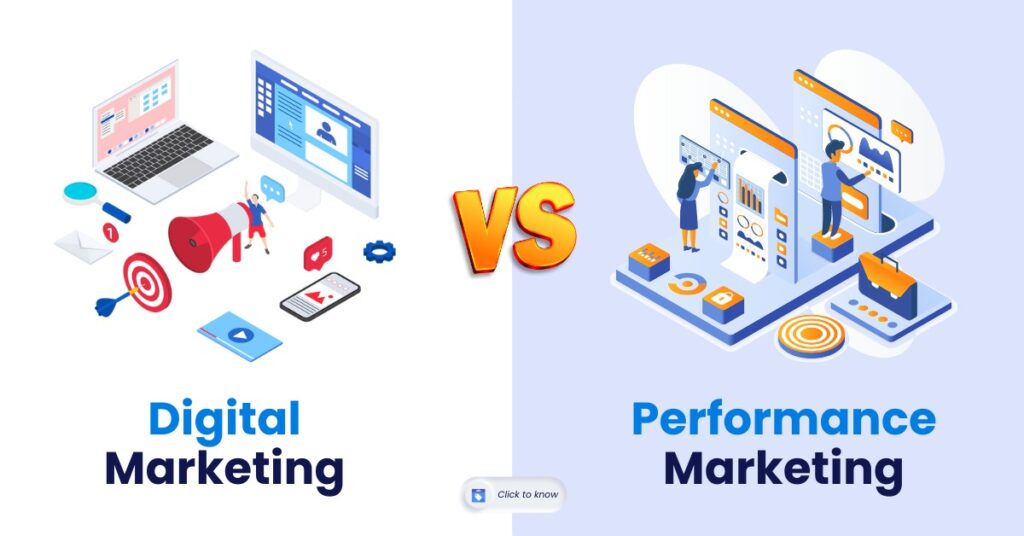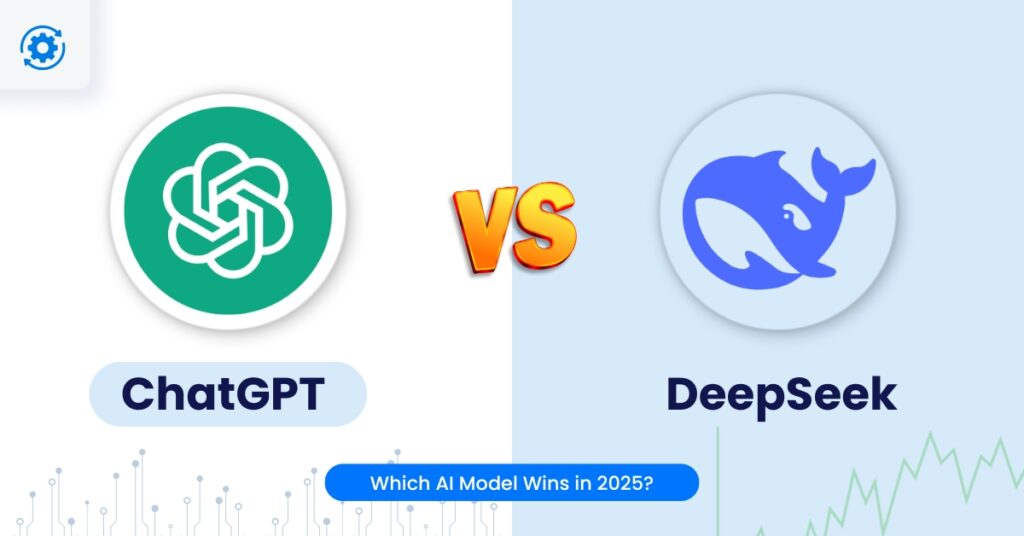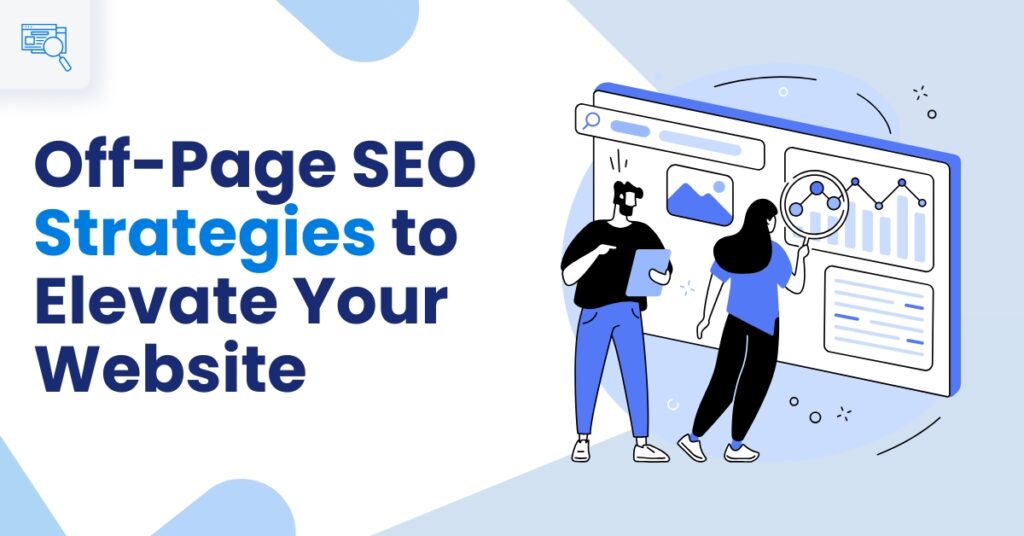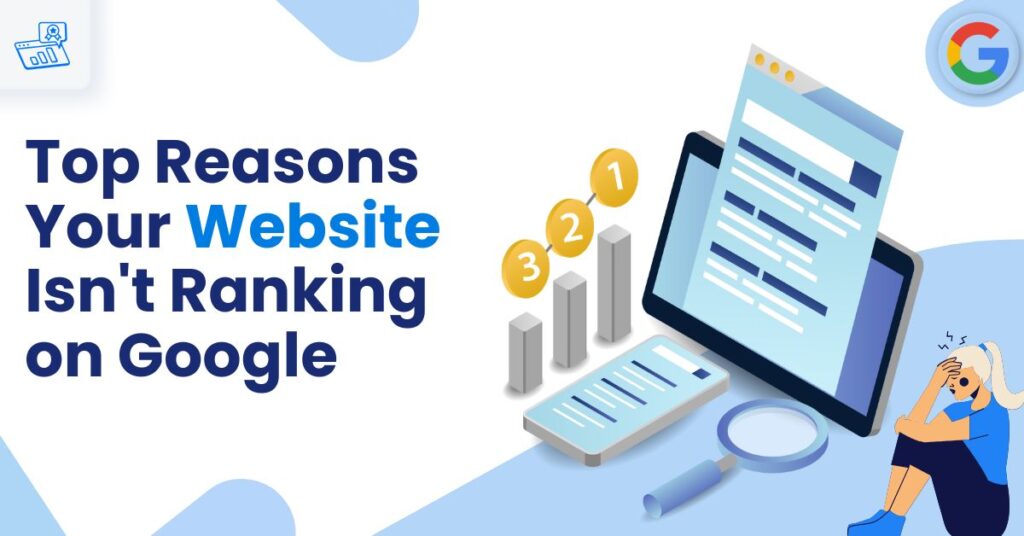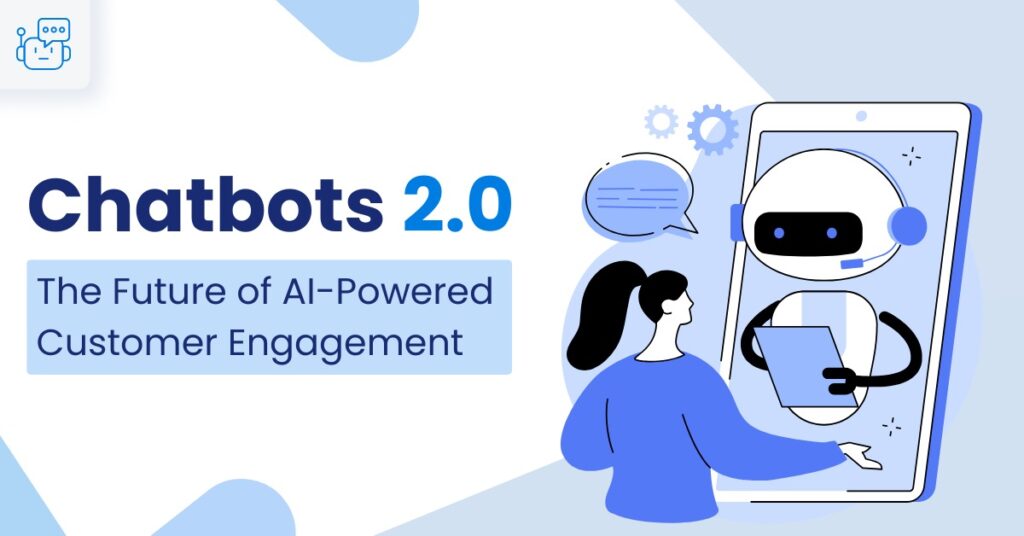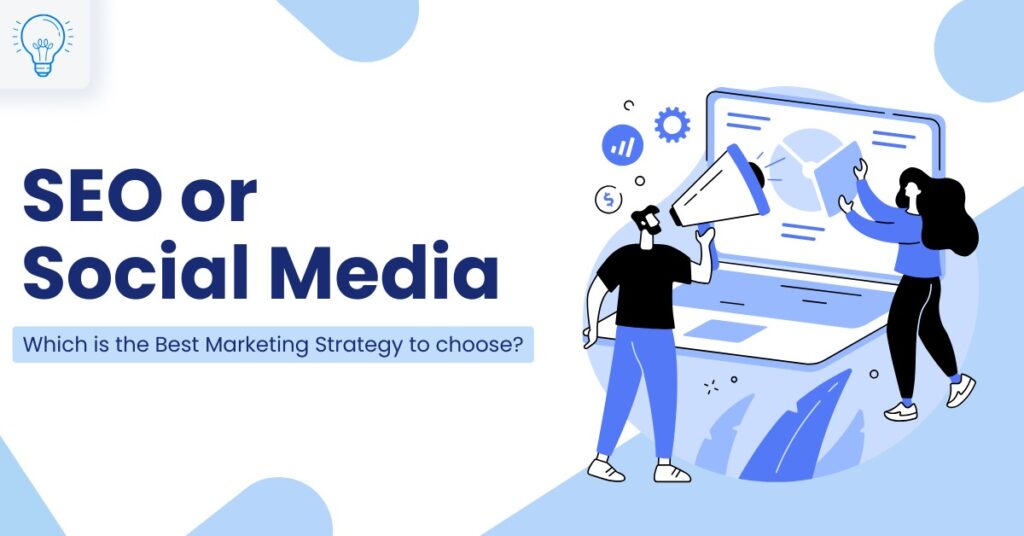In the ever-evolving world of online marketing, two prominent strategies often come into focus: digital marketing and performance marketing. While both aim to promote products and services through digital channels, they employ distinct approaches and techniques. This blog explores the differences between digital marketing and performance marketing, helping you understand which strategy might be the best fit for your business needs.
Understanding Digital Marketing
Digital marketing encompasses a broad range of activities aimed at promoting brands, products, or services through various online channels and platforms. It focuses on creating a cohesive and engaging online presence.
Core Components of Digital Marketing
- Content Marketing: This involves creating valuable and relevant content to attract and engage a target audience. Blog posts, videos, infographics, and eBooks are common forms of content marketing. Content marketing not only helps in establishing authority in your niche but also drives organic traffic over time as your content gets indexed by search engines and shared by users.
- SEO (Search Engine Optimization): SEO techniques improve a website’s visibility on search engine results pages (SERPs), helping to drive organic traffic. This includes keyword optimization, link building, and on-page SEO strategies. Effective SEO requires a deep understanding of how search engines work and staying up-to-date with algorithm changes.
- Social Media Marketing: Utilizing social networks like Facebook, Twitter, Instagram, and LinkedIn to build brand awareness and engage with customers. This includes creating posts, running ads, and interacting with followers. Social media marketing leverages the power of viral content and community building to foster a loyal customer base.
- Email Marketing: Strategies for direct communication with potential and existing customers through email campaigns. This can include newsletters, promotional offers, and personalized messages. Email marketing remains one of the most effective channels for nurturing leads and driving conversions, thanks to its direct and personal nature.
- PPC (Pay-Per-Click): Paid advertising strategies that drive traffic to websites. Advertisers pay a fee each time their ad is clicked. Google Ads and social media ads are common examples. PPC allows businesses to target specific keywords and demographics, making it a powerful tool for reaching potential customers who are actively searching for related products or services.
Benefits of Digital Marketing
- Increased Brand Awareness: Digital marketing helps brands reach a wider audience and establish a strong online presence. With the right strategies, even small businesses can compete with larger companies on a global scale.
- Enhanced Customer Engagement and Loyalty: Engaging content and social media interactions build a loyal customer base. Regularly interacting with customers through comments, messages, and reviews fosters a sense of community and trust.
- Cost-Effectiveness: Compared to traditional marketing, digital marketing often offers a better return on investment (ROI). Many digital marketing strategies, such as content marketing and SEO, can yield significant long-term benefits without the ongoing costs associated with traditional media.
- Measurable Results and Detailed Analytics: Tools like Google Analytics provide insights into campaign performance, helping marketers refine their strategies. This data-driven approach allows for continuous improvement and more effective use of marketing budgets.
Understanding Performance Marketing
Performance marketing is a subset of digital marketing that emphasizes measurable results such as clicks, conversions, sales, and leads. The key focus is on achieving specific outcomes and only paying for successful transactions.
Core Components of Performance Marketing
- Affiliate Marketing: Partnering with affiliates who promote products or services and earn a commission for each sale or lead generated. Affiliates can be bloggers, influencers, or other businesses that drive traffic to your site through their own marketing efforts.
- Influencer Marketing: Collaborating with influencers to reach targeted audiences. Influencers promote products to their followers, driving brand awareness and conversions. This strategy leverages the trust and credibility that influencers have built with their audience.
- Retargeting: Re-engaging users who have previously interacted with the brand. Retargeting ads remind these users to return and complete a desired action, such as making a purchase. This is particularly effective for reducing cart abandonment rates and improving overall conversion rates.
- Programmatic Advertising: Automated buying and selling of online ad space. This allows for efficient and targeted ad placements based on user data. Programmatic advertising uses algorithms and real-time bidding to deliver ads to the right users at the right time.
- CPA (Cost Per Action): A payment model where advertisers pay only when a specific action (such as a purchase or sign-up) is completed. This ensures that marketing budgets are spent efficiently, as advertisers only pay for successful outcomes.
Benefits of Performance Marketing
- Direct Link Between Marketing Efforts and Results: Clear measurement of outcomes makes it easier to gauge the effectiveness of campaigns. This transparency allows for better decision-making and more accurate forecasting.
- Cost-Efficiency: Advertisers pay only for achieved results, making it a budget-friendly option. This minimizes the risk of overspending and ensures that marketing dollars are used effectively.
- In-Depth Tracking and Optimization Capabilities: Advanced tracking tools allow for continuous optimization of campaigns. Marketers can quickly identify what’s working and what’s not, and make adjustments in real time to improve performance.
- Flexibility and Scalability: Performance marketing campaigns can be easily scaled up or down based on performance and budget. This flexibility allows businesses to respond quickly to market changes and capitalize on new opportunities.
Comparing Digital Marketing and Performance Marketing
Strategic Approaches
- Digital Marketing: Focuses on long-term brand building and creating a cohesive online presence. It aims to establish a strong foundation that attracts and retains customers over time.
- Performance Marketing: Prioritizes immediate ROI with a strong emphasis on measurable outcomes. It is more transactional, focusing on driving specific actions that generate revenue.
Audience Targeting
- Digital Marketing: Uses broad targeting to build awareness across different stages of the customer journey. It seeks to attract a wide audience and guide them through the sales funnel with informative and engaging content.
- Performance Marketing: Targets specific actions and conversions, catering to users ready to make a decision. It is more focused on high-intent users who are likely to convert.
Metrics and Measurement
- Digital Marketing KPIs: Traffic, engagement, brand awareness, and social media metrics. These indicators help measure the overall health and reach of a brand’s online presence.
- Performance Marketing KPIs: Conversions, ROI, cost per acquisition, and customer lifetime value. These metrics provide a clear picture of the financial impact of marketing efforts.
Budget Considerations
- Digital Marketing: Budgets are often allocated across various channels for long-term growth. Investment in content creation, SEO, and social media can provide cumulative benefits over time.
- Performance Marketing: Budgets are more focused, with spending directed towards high-ROI activities. Funds are allocated to strategies that directly contribute to revenue generation, such as PPC and affiliate marketing.
Digital marketing and performance marketing each offer unique advantages and can complement each other when used strategically. While digital marketing focuses on building a strong online presence and engaging customers over the long term, performance marketing prioritizes measurable results and ROI. Businesses should continually assess and adapt their marketing strategies to find the right balance and achieve optimal results.
Whether you are looking for performance marketing services or comprehensive digital marketing services, understanding the differences and synergies between these approaches will help you make informed decisions. By focusing on marketing goals, budget allocation, and the right mix of marketing channels, you can create effective marketing campaigns that drive success.
Ready to revolutionize your marketing strategy and elevate your business to new heights? Connect with us today at info@gravitasin.com and explore how our expert team can tailor innovative digital and performance marketing solutions to suit your unique business needs. Let’s embark on this journey together and redefine your marketing strategy for unparalleled success.
Stay informed about the latest trends in digital marketing and performance marketing by continuing to explore our insightful blogs.
Transform your marketing efforts and drive exceptional results. Contact us now!

